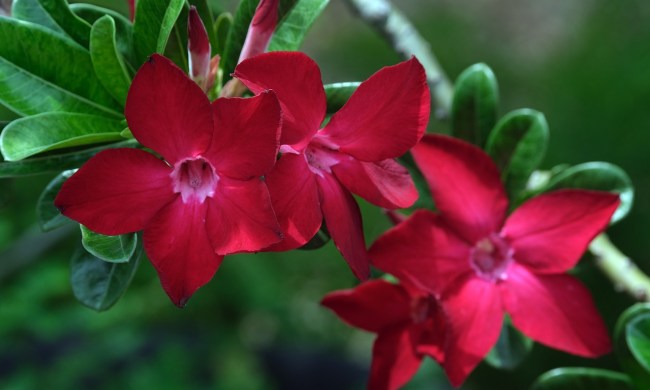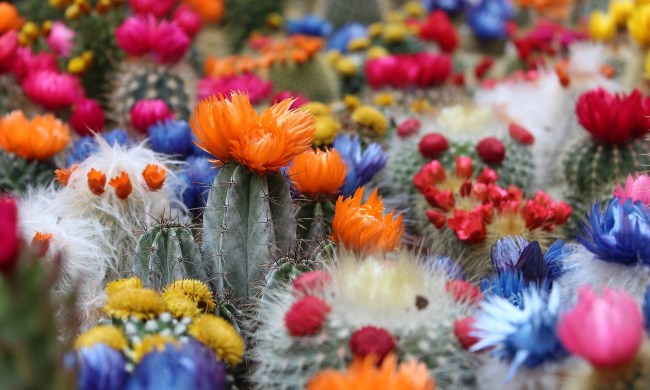The ZZ plant is a terrific option for those in need of a new leafy companion that isn’t picky about watering or maintenance. Unfortunately, it’s also known to be toxic to pets and people. Unlike other toxic plants, there’s a peculiar rumor that’s circulating that ZZ plants cause cancer. That’s a frightening rumor, especially if you already own a ZZ plant, but is this just a rumor, or is it true? What are the precautions you can take to ensure that you, your children, and your animals stay safe? Here’s everything you need to know about the ZZ plant, its toxicity profile, and how to maintain it safely.
ZZ plant care: The basics
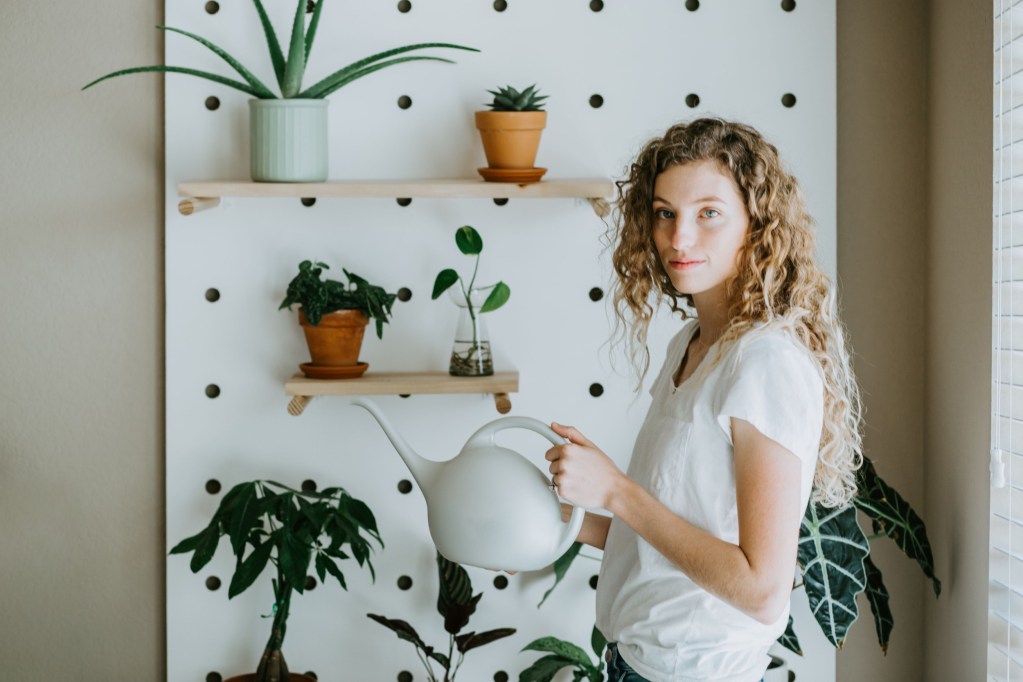
Although these plants prefer bright, indirect sunlight, they are of several indoor plant varieties that can thrive in lower lighting conditions. They are also highly resistant to drought and forgiving of owners who forget to water or are away from the home or office for extended periods of time. Ideally, you should water ZZ plants every week, but they can survive for longer without water. Overwatering can cause the roots to rot, so make sure your setup provides effective drainage.
Is a ZZ plant toxic?

The ZZ plant is toxic. According to experts at Iowa State University, sharp calcium oxalate crystals within the plant’s sap are toxic and irritating to people and animals who make physical contact with or ingest any part of the plant. That said, you would need to ingest an awful lot of the plant in order for it to become a serious medical issue. Irritation is usually mild. Still, skin can become irritated if it comes in contact with the plant. Ingestion may lead to nausea, vomiting, diarrhea, or stomach pain. Symptoms after contact typically last for a few hours, but in unusual cases, can be more severe or prolonged.
Do ZZ plants cause cancer?
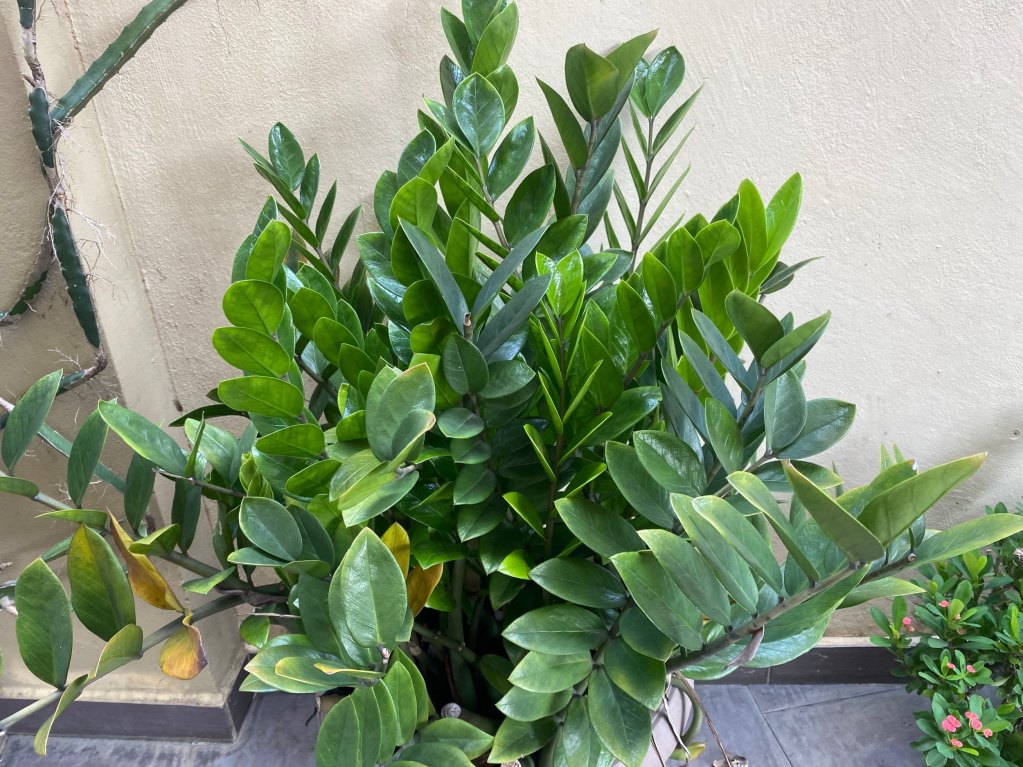
Although rumors have persisted over the years that the ZZ plant has carcinogenic effects, there is no scientific evidence whatsoever to support this claim. Think about it: If ZZ plants had been found to increase the risk of cancer, what are the chances they would still be widely available for purchase? The initial rumor was started on Facebook, but this misconception is just that — a misconception. Although the first post claimed that the World Health Organization (among other groups) had released evidence that the ZZ plant caused cancer, the WHO never published anything of the sort. There’s nothing to fear! ZZ plants do not cause cancer.
Stay safe with your ZZ plant
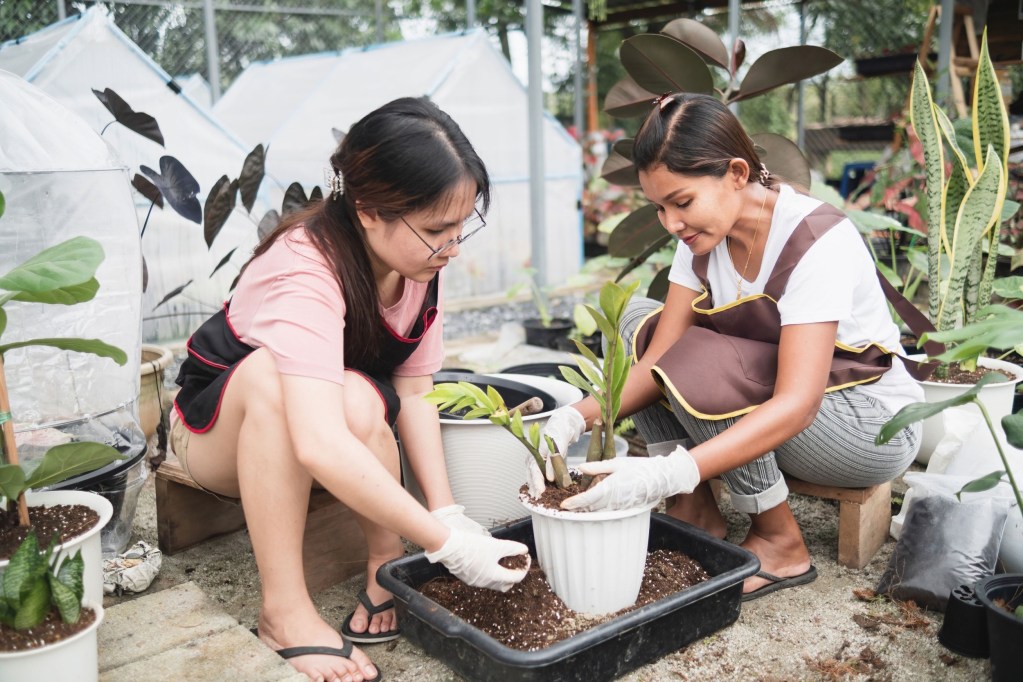
A few simple steps can help you safely keep a ZZ plant in your home, even with pets and children in the mix.
Tips for safely caring for your ZZ plant include:
- Wearing gardening gloves when handling the plant extensively.
- Washing your hands and tools after handling the ZZ plant.
- Keeping ZZ plants out of reach of pets and children. (If needed, you can spray your ZZ leaves with neem oil or add coffee grounds to the soil, as these odors are off-putting to animals.)
If a pet or child ingests the plant and is ill after a few hours, call your veterinarian or pediatrician.
ZZ plant benefits

We’ve talked extensively about the potential dangers of ZZ plants, but what are some of their benefits? Clearly, their low-maintenance care is a pro, since they have low watering and light needs. Their glossy leaves also offer aesthetic appeal with their elegant arching growth — some attractive varieties include the raven ZZ and the variegated ZZ. Plus, ZZ plants are quite simple to propagate since you can split up the rhizomes or take cuttings. And like many houseplants, they may help with air purification.
Are there any plants that do cause cancer?

Now that you know the truth behind if ZZ plants cause cancer, you may be wondering about the rest of the plants in your collection. While some plants do contain natural carcinogens (chemicals that increase the risk of developing cancer), the risk is minimal. Plants that contain these carcinogens and are non-toxic contain them in very small amounts, meaning you would need to eat a truly massive amount of them in a short period of time to increase your risk. Plants that have them in higher amounts tend to contain other toxic chemicals, making them unsafe to eat anyway. To avoid these carcinogens, simply don’t eat plants that aren’t food.
The ZZ plant is great for people seeking a tough, versatile indoor plant. While the plant is toxic, it only has mild and short-lived effects. There are rumors that ZZ plants cause cancer, but no evidence exists to support those claims. With a few basic precautions, you can grow your ZZ plant with confidence and safely enjoy it for years to come.



